Midwest college students tackle extreme weather challenges through innovative summer camp
Thursday, June 19, 2025
The University of Iowa (UI) recently hosted 34 undergraduates from Iowa, Arkansas, Kansas, and Nebraska for an intensive two-week summer camp focused on environmental data collection and extreme weather resilience. The KANI DARE camp is an outreach component of a $6 million NSF EPSCOR grant.
Geography, agronomy researchers to build climate resilience
Sunday, January 5, 2025
Kansas State University scientists are collaborating with colleagues in Iowa, Nebraska and Arkansas to advance weather intelligence, strengthen climate resilience and address the impacts of environmental change in agriculture-based communities.

K-State researchers to build climate resilience in ag-based communities
Friday, December 27, 2024
Kansas State University scientists are collaborating with colleagues in Iowa, Nebraska and Arkansas to advance weather intelligence, strengthen climate resilience and address the impacts of environmental change in agriculture-based communities.
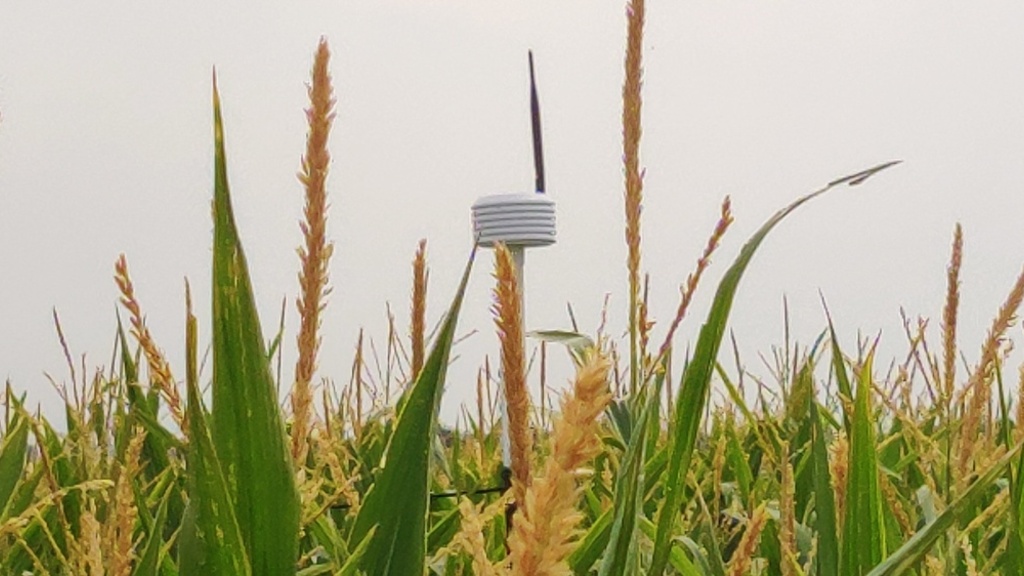
K-State researchers lead multi-state project to enhance weather intelligence and climate resilience in agriculture with $800,000 NSF grant
Monday, December 23, 2024
Kansas State University researchers are collaborating with scientists in Iowa, Nebraska, and Arkansas to enhance weather intelligence, strengthen climate resilience, and address the effects of environmental change in agricultural communities.
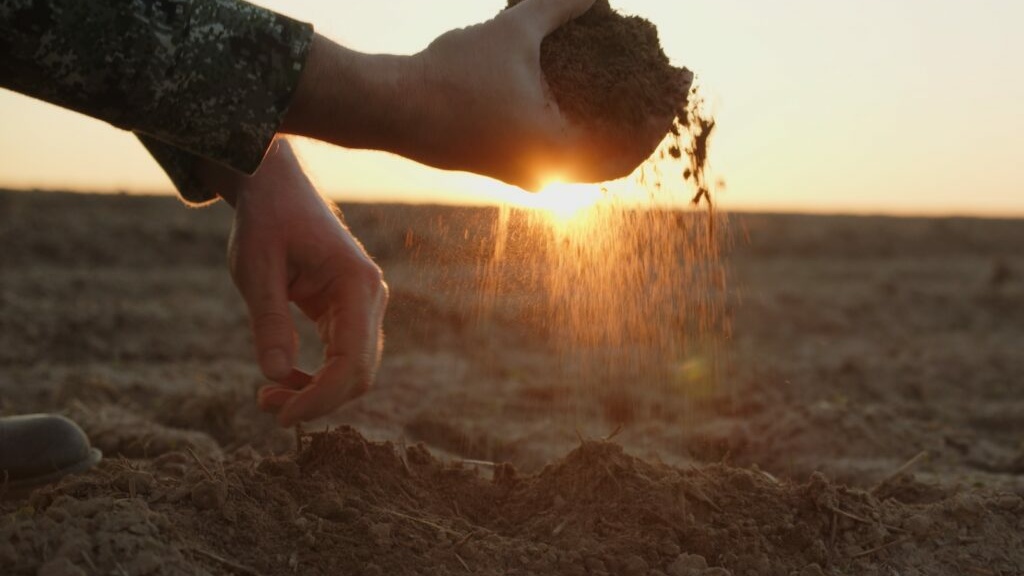
K-State geography and agronomy researchers to build climate resilience in agriculture-based communities
Thursday, December 19, 2024
Kansas State University scientists are collaborating with colleagues in Iowa, Nebraska and Arkansas to advance weather intelligence, strengthen climate resilience and address the impacts of environmental change in agriculture-based communities.
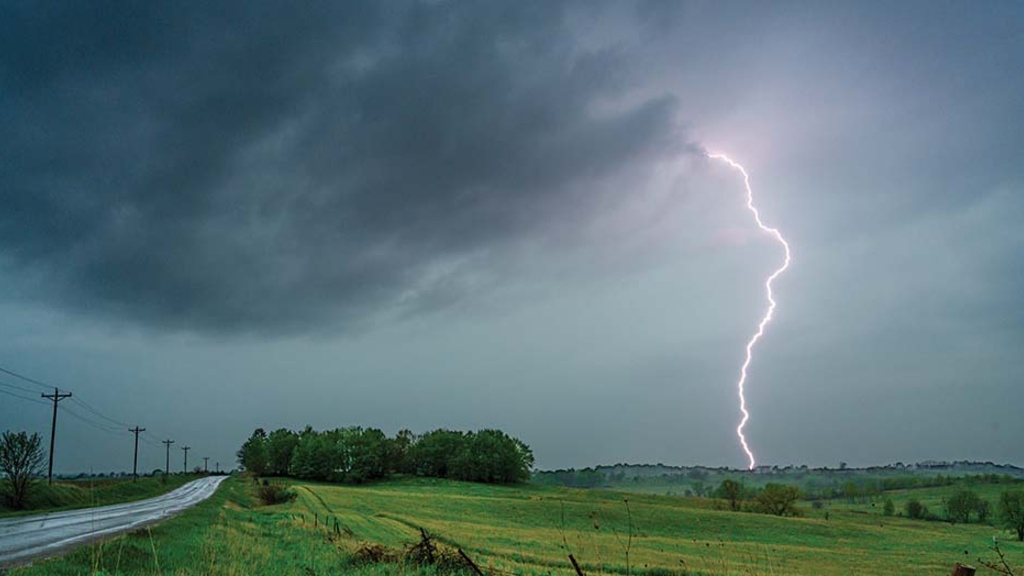
Lab to land
Monday, December 9, 2024
Iowa researchers are working to solve some of our state’s most significant environmental challenges. That includes experts from the UI College of Engineering who are using a living laboratory to conduct innovative sustainability research and scientists who have deployed a vast network of climate sensors to prepare for the growing impact of extreme weather events.
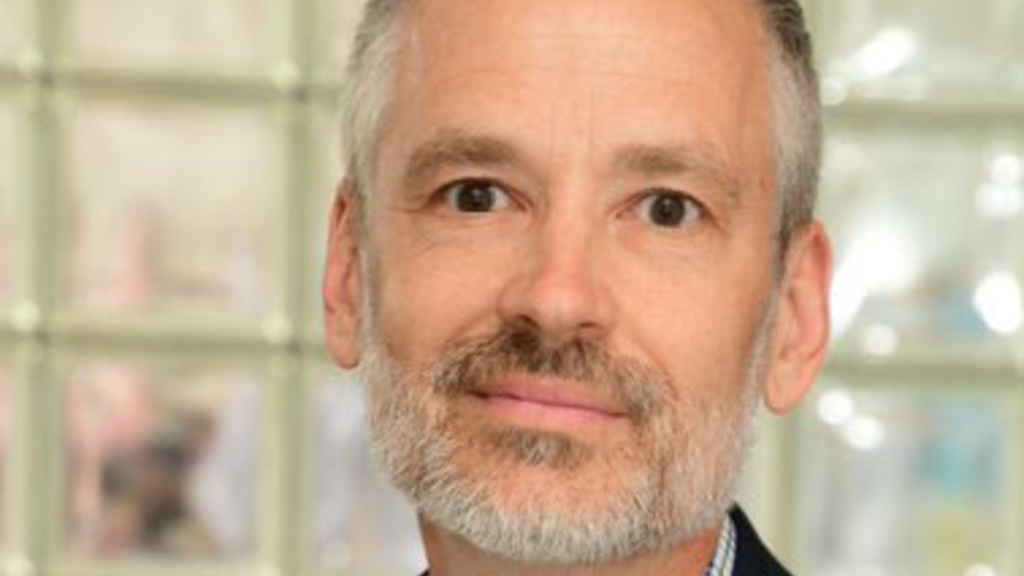
Travis Kraus and collaborators receive $6M NSF grant to research climate resilience in communities
Monday, August 19, 2024
Associate Professor Travis Kraus is part of an interdisciplinary team who has been awarded a $6 million dollar National Science Foundation grant to conduct "data advanced research and education to improve weather intelligence and localized climate change assessment and resilience in agricultural-based communities".
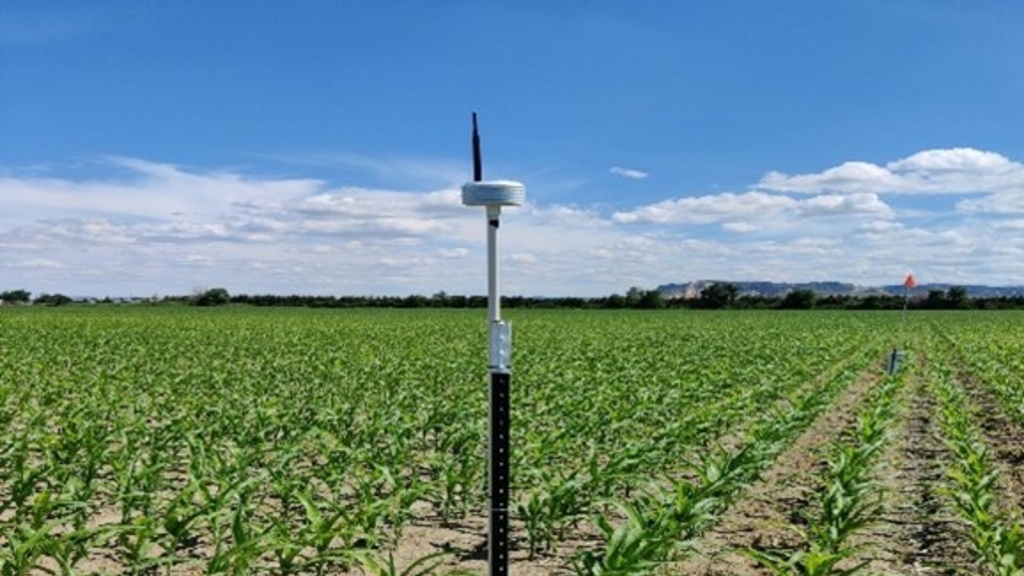
University of Iowa awarded $6 million to expand weather, soil network for Midwest farmers
Friday, August 16, 2024
Earlier this year, the University of Iowa's National Science Foundation received a $6 million grant for a project to help midwestern agricultural communities deal with the changing climate.
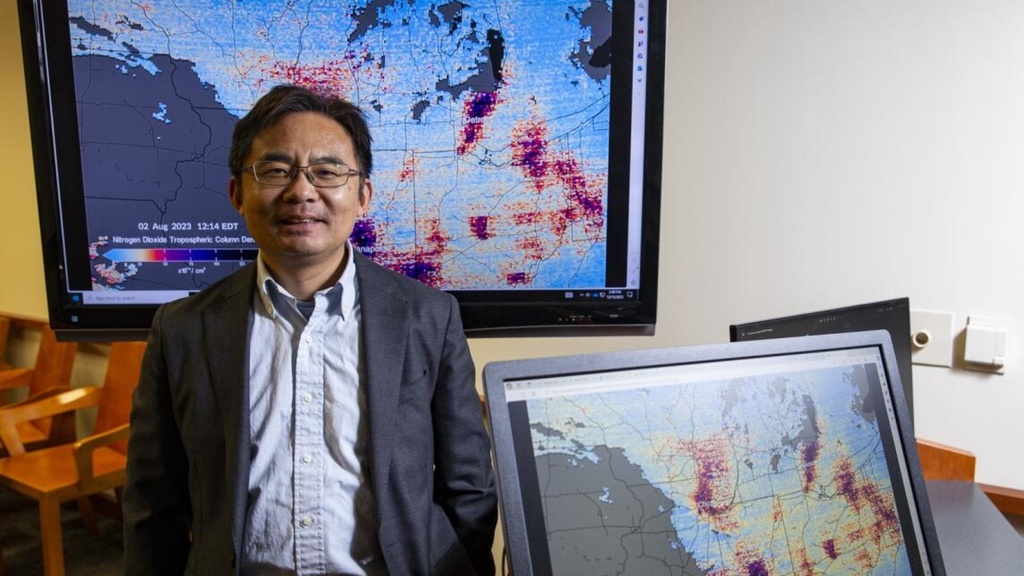
University of Iowa receives $6M to study extreme weather in agriculture
Friday, August 2, 2024
The University of Iowa has received a $6 million grant from the National Science Foundation to complete a four-year study — which includes placing about 500 sensors across four states — looking at extreme weather in agriculture communities.

$6 million award helps Univ. of Iowa collect weather data in rural areas
Friday, August 2, 2024
Thanks to a grant from the National Science Foundation, the University of Iowa will be using tech of its own design to improve climate and weather predictions in rural areas.
Pagination
University of Iowa
| EPSCoR RII-FEC |

This material is based upon work supported by the National Science Foundation under Grant Number 2420405. Any opinions, findings, and conclusions or recommendations expressed in this material are those of the author(s) and do not necessarily reflect the views of the National Science Foundation.